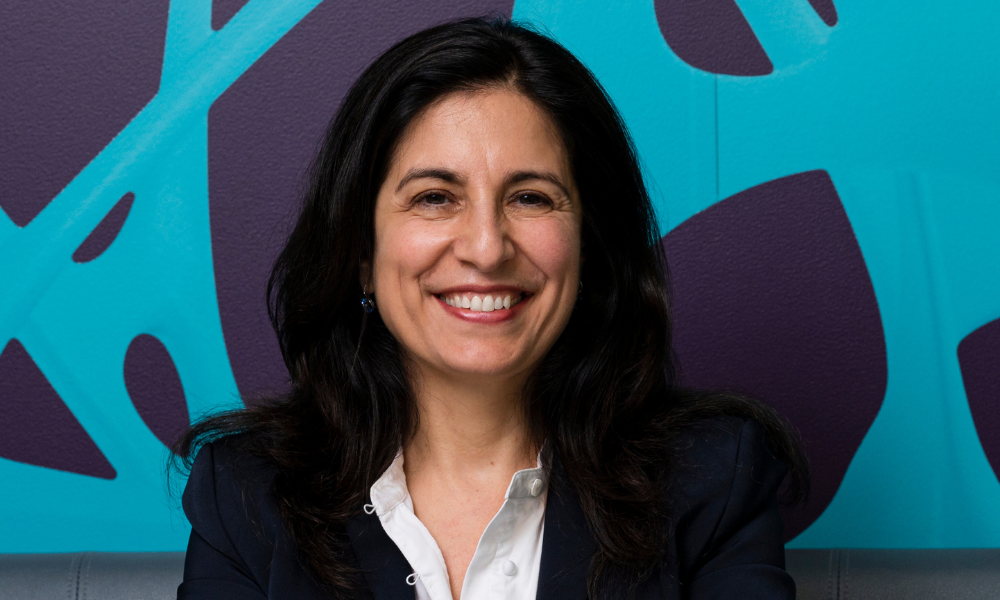Look for these three indicators, experts say
.jpg)
Praises have been sung about top talent and high-potential employees. They are force multipliers – “they raise the performance bar for their colleagues, and by word and deed they model and teach winning behaviors that shape high-performing cultures,” say industrial psychology experts Tomas Chamorro-Premuzic and Seymour Adler in an article for the Harvard Business Review.
“Simply adding a star performer to a team boosts the effectiveness of other team members by 5-15%,” research suggests.
High potential workers abound across a wide range of tasks, organizations and industries. This small proportion of the workforce thus tends to drive a large proportion of results.
Indeed, investing in the right people will maximize returns for the company. These are individuals who “consistently generate exorbitant output levels that influence the success or failure of their organizations.’’ Study after study shows that firms what invest in identifying and developing top talent are also the ones registering strong financial performance.
But how can employers tell who these workplace stars are?
Chamorro-Premuzic and Adler say that there are three measurable qualities that can help employers identify, early on, if a candidate has high potential.
1. Ability
Is the individual able to do the job in question, or have the knowledge and skill it takes to perform key tasks? The single best predictor of this quality is a work sample test.
But employers must also forecast the ability to excel at some bigger, more complex job in the future. How will the individual be able to learn and master the required knowledge and skill? Look at the IQ – or cognitive ability.
Then again, it does not end with IQ. A leadership role, for instance, requires strategic thinking, vision and imagination.
2. Social skills
Social skills involve two fundamental abilities, the authors say: Managing oneself and managing others.
Employees who are likely to succeed at complex jobs are first good at managing themselves – handling increased pressure, dealing constructively with adversity, and acting with dignity and integrity.
Second, they are able to establish and maintain cooperative working relationships, build a broad network of contacts and form alliances, and be influential and persuasive with a range of different stakeholders.
Those poised to take on senior roles must be able to read an audience, decode the unspoken rules, and find solutions that satisfy the often competing interests of key power brokers.
Emotional intelligence, which is central to this attribute, can be assessed by psychometric tests and further refined through training and development, the authors say.
3. Drive
Finally, the third quality is the will and motivation to work hard and do whatever it takes to get the job done.
“This deeply motivational category is the accelerator that multiplies the potential influence of ability and social skills on future success,” say Chamorro-Premuzic and Adler.
Potential is talent multiplied by drive, they add. “This will determine how much ability and social skills get put to use.”
Drive can be assessed by tests that measure conscientiousness, achievement motivation and ambition. It can also be identified behaviourally – conscientiousness, willingness to take on extra duties and assignments, eagerness for more responsibility and even readiness to sacrifice.
Related stories:
‘We have a strong focus on L&D for hard and soft skills’
How to hire smarter for your business
“Simply adding a star performer to a team boosts the effectiveness of other team members by 5-15%,” research suggests.
High potential workers abound across a wide range of tasks, organizations and industries. This small proportion of the workforce thus tends to drive a large proportion of results.
Indeed, investing in the right people will maximize returns for the company. These are individuals who “consistently generate exorbitant output levels that influence the success or failure of their organizations.’’ Study after study shows that firms what invest in identifying and developing top talent are also the ones registering strong financial performance.
But how can employers tell who these workplace stars are?
Chamorro-Premuzic and Adler say that there are three measurable qualities that can help employers identify, early on, if a candidate has high potential.
1. Ability
Is the individual able to do the job in question, or have the knowledge and skill it takes to perform key tasks? The single best predictor of this quality is a work sample test.
But employers must also forecast the ability to excel at some bigger, more complex job in the future. How will the individual be able to learn and master the required knowledge and skill? Look at the IQ – or cognitive ability.
Then again, it does not end with IQ. A leadership role, for instance, requires strategic thinking, vision and imagination.
2. Social skills
Social skills involve two fundamental abilities, the authors say: Managing oneself and managing others.
Employees who are likely to succeed at complex jobs are first good at managing themselves – handling increased pressure, dealing constructively with adversity, and acting with dignity and integrity.
Second, they are able to establish and maintain cooperative working relationships, build a broad network of contacts and form alliances, and be influential and persuasive with a range of different stakeholders.
Those poised to take on senior roles must be able to read an audience, decode the unspoken rules, and find solutions that satisfy the often competing interests of key power brokers.
Emotional intelligence, which is central to this attribute, can be assessed by psychometric tests and further refined through training and development, the authors say.
3. Drive
Finally, the third quality is the will and motivation to work hard and do whatever it takes to get the job done.
“This deeply motivational category is the accelerator that multiplies the potential influence of ability and social skills on future success,” say Chamorro-Premuzic and Adler.
Potential is talent multiplied by drive, they add. “This will determine how much ability and social skills get put to use.”
Drive can be assessed by tests that measure conscientiousness, achievement motivation and ambition. It can also be identified behaviourally – conscientiousness, willingness to take on extra duties and assignments, eagerness for more responsibility and even readiness to sacrifice.
Related stories:
‘We have a strong focus on L&D for hard and soft skills’
How to hire smarter for your business





